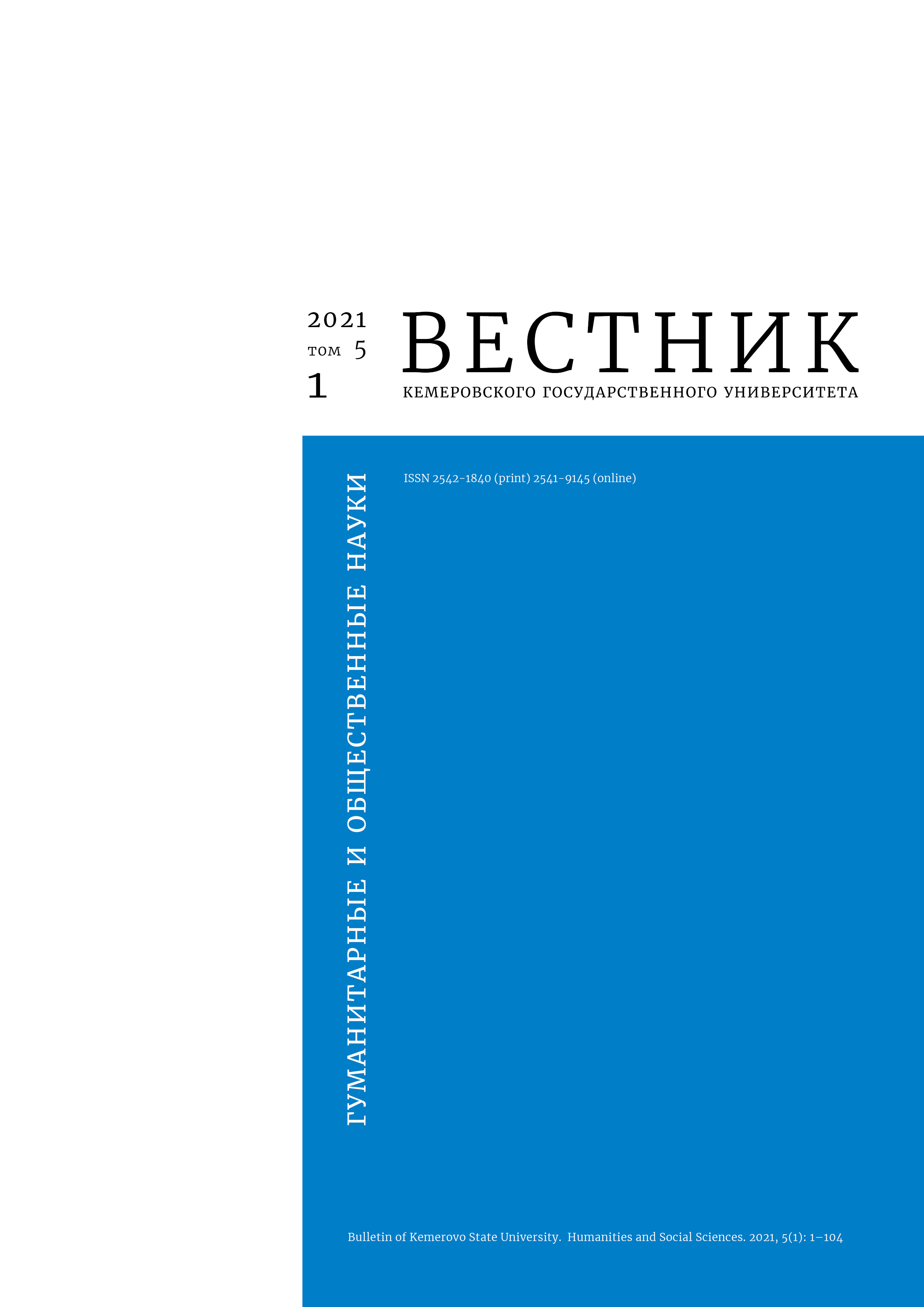St. Petersburg, Russian Federation
St. Petersburg, Russian Federation
UDC 37
The research featured the views of the teaching staff of a military engineering university about didactic testing and diagnostics. It included a survey of students' learning motivation based on the achievement goal theory. The military students proved to be oriented towards improving their skills and getting new knowledge in order to achieve professional and personal growth. The article introduces a criterion-oriented estimate of efficiency methods that can be used to assess class activities and communicative interaction between the teacher and the student. The modeling process was illustrated using the mathematical formalization method. The authors believe that criterion-oriented testing can help to verify teachers' achievements. The article justifies the need to develop new criterion-oriented methodologies for identifying teachers' performance and offers a detailed algorithm that can be used in future research and verification of professional achievements.
motivation, training, algorithm of estimate of efficiency for teaching staff, pedagogical diagnostics, test control, evaluation
1. Talyzina N. F. Theoretical foundations of control in the educational process. Moscow: Znanie, 1983, 96. (In Russ.)
2. Almazova O. V. Psychological and pedagogical diagnostics. Ekaterinburg: Kalinina, 2007, 226. (In Russ.)
3. Izotova N. V. Corrective control as a factor in improving the quality of education (based on the humanities). Cand. Ped. Sci. Diss. Bryansk, 2004, 217. (In Russ.)
4. Lurie I. G., Pechnikov A. N. Quality management of educational process based on the didactic potential analysis of its features. RSUH/RGGU Bulletin. "Economics. Management. Law" Series, 2007, (12): 38-57. (In Russ.)
5. Gordeyeva T. O., Sychyov O. A., Osin E. N. Inner and outer motivation in students: its sources and influence on psychological well-being. Voprosy psikhologii, 2013, (1): 35-45. (In Russ.)
6. Maloshonok N. G., Semenova T. V., Terentyev E. A. Academic motivation among students of Russian higher education establishments: introspection. Educational Studies, 2015, (3): 92-121. (In Russ.) DOI:https://doi.org/10.17323/1814-9545-2015-3-92-121
7. Deci E. L., Ryan R. M. Intrinsic motivation and self-determination in human behavior. N. Y.: Plenum Press, 1985, 371.
8. Vallerand R. J. Toward a hierarchical model of intrinsic and extrinsic motivation. Advances in Experimental Social Psychology, 1997, 29: 271-360. DOI:https://doi.org/10.1016/S0065-2601(08)60019-2
9. Jang H., Kim E. J., Reeve J. Longitudinal test of self-determination theory's motivation mediation model in a naturally occurring classroom context. Journal of Educational Psychology, 2012, 104(4): 1175-1188. DOI:https://doi.org/10.1037/a0028089
10. Vishtak O. V. Motivation preferences of school leavers and university students. Sotsiologocheskiie issledovaniia, 2003, (2): 135-138. (In Russ.)
11. Gordeeva T. O., Osin E. N. Differences in achievement motivation and learning motivation in students exhibiting different types of academic attainment (Unified State Examination (USE) scores, academic competition results, academic records). Psikhologicheskie issledovaniia, 2012, 5(24). Available at: http://www.psystudy.ru/index.php/num/2012v5n24/708-gordeeva24.html (accessed 4 Feb 2021). (In Russ.)
12. Guskova M. V. Evaluation in education. Moscow: INFRA-M, 2012, 151. (In Russ.)
13. Guba E. G., Lincoln Y. S. Effective evaluations: improving the usefulness of evaluation results through responsive and naturalistic approaches. San Francisco: Jossey-Bass, 1981, 423.
14. Nuttall D. L. Monitoring national standards. London: Institute of Education; University of London, 1993, 13.
15. Pechnikov A. N., Shikov A. N. The design and use of e-Learning. St. Petersburg: Izd-vo VVM, 2014, 393. (In Russ.)
16. Pechnikov A. N., Vetrov Iu. A. Design and application of computer training technologies. Part 1: The concept of automated learning systems and modeling of activity processes. St. Petersburg: BGTU, 2003, book 1, 194. (In Russ.)
17. Pechnikov A. N., Mitrakhovich V. A., Savishchenko A. N., Spirina O. S., Filonov O. V. Report on the research work "Research of the methodology for criterion assessment of the results of testing the knowledge of students in a military university". St. Petersburg: VAS, 2017, 202. (In Russ.)
18. Pechnikov A. N., Pechnikov D. A. Solving the problems of the current pedagogical control based on the analysis of the results of criterion-oriented testing. Obrazovatelnye tekhnologii i obshchestvo, 2015, 18(2): 489-513. (In Russ.)


















